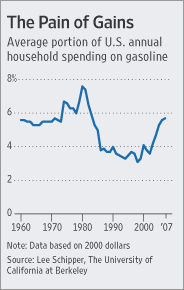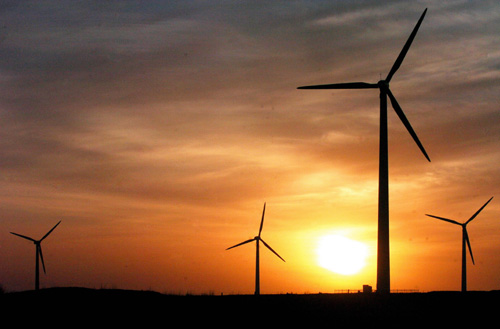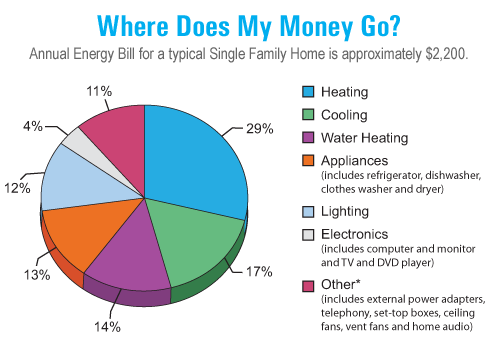Prices up 57%, supply down 2.5%?
The usual market signals of supply and demand aren't working when it comes to oil. Data from the US Department of Energy shows things are awry in petro-land.
The Wall Street Journal (sub required) points out that OPEC producers are struggling:
- National demand for oil is up. The leading oil producers are working to keep more of their oil at home through major investment programs. In Saudi Arabia for example, demand for oil for its own chemical, fertilizer and aluminum (bauxite is plentiful but needs enormous electrical energy to smelt the stuff) is up 25% since 2004.
- The Middle Eastern practice of pumping natural gas into oil fields to keep underground pressure high to squeeze oil out at a faster rate is curtailed as the Middle Eastern countries use that gas to power their electrical grid for lighting and air conditioning.
- Mexico is the biggest disappointment – production was off 15% in 2007 and this past Monday, the oil ministry announced that production from it's once mighty off-shore [[Cantarell field]] was down a third.
- Chinese demand continues to rise.
On Tuesday, May 27, 2008, the Editorial Board of the WSJ posted a biting attack on the Warner-Lieberman bill which seeks to create the legislative regime necessary for a cap and trade carbon system. The piece suggests that this is the
"most extensive government reorganization of the American economy since the 1930s".
That rhetoric really got me thinking about cap and trade systems for carbon that Senators Warner and Lieberman want to initiate. Energy is consumed in 85% of the economy which is why it is such a big issue.
I've been reading about the way the UN administration has been struggling with the cap in the developed world and the trading in the developing world. The standards for what are acceptable investments have been tightened primarily around the idea that it has to be a project that wouldn't get funded unless it was incorporated into the cap and trade system.
Yuck. Too much government permission oriented stuff. Too much bureaucracy – something the UN is not particularly good at. I would think that the USA model has to encourage folks to invest in energy reduction, non-oil energy production here in the USA and less so for investing in Brazilians and Cubans.
 I've also spotted another WSJ gem from Jeffrey Bell, that emphasizes the link between economic pain and conservation gain. The cap and trade system ought to reflect these incredibly important market signals and align the use of carbon with our pocketbooks. Sadly though, it seems that energy price isn't enough.
I've also spotted another WSJ gem from Jeffrey Bell, that emphasizes the link between economic pain and conservation gain. The cap and trade system ought to reflect these incredibly important market signals and align the use of carbon with our pocketbooks. Sadly though, it seems that energy price isn't enough.
Jeffrey goes on to point out that higher prices for oil allows consumers to find alternatives – sometimes dirtier alternatives, sometimes more energy intensive alternatives – that help fulfill the demand for the uses of energy. We need the cap and trade system to tax these initiatives too.
There are market distortions too. McKinsey Quarterly notes several examples in this story on the German experience with energy policy.











